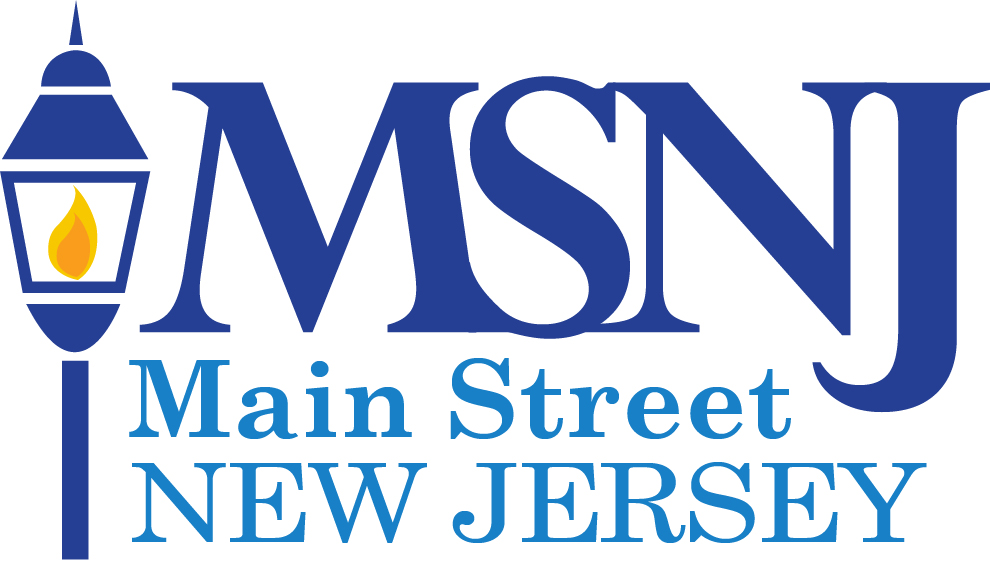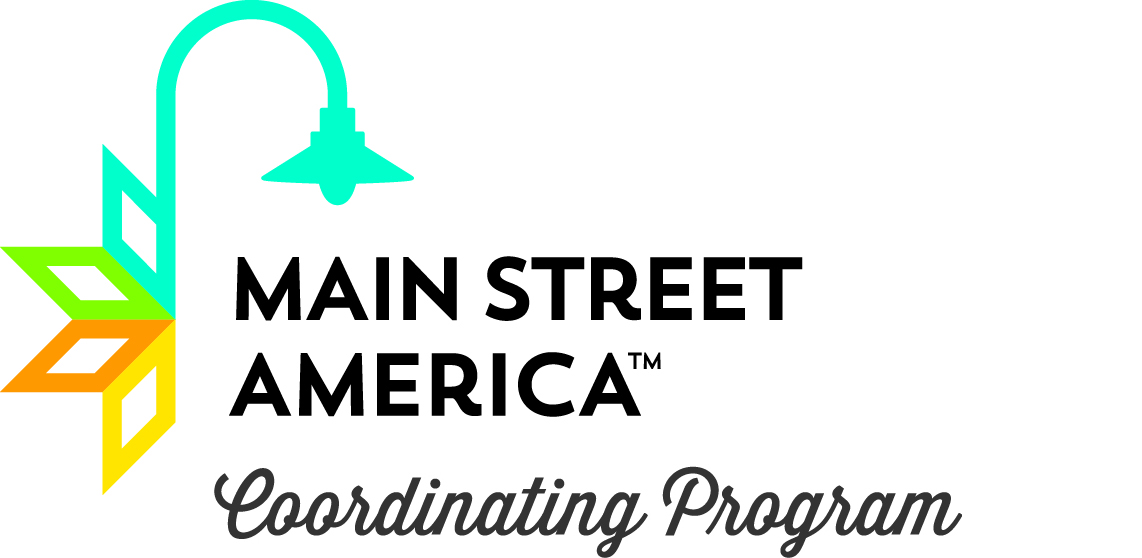Main Street New Jersey

The Fiscal Year 2026 State Budget appropriates $750,000 to continue and enhance the Main Street New Jersey program.
Main Street New Jersey is the Certified State Coordinating Program of the National Trust's National Main Street Center. 
Main Street New Jersey is a Main Street America™ Coordinating Program and works with communities in NJ providing on- and off-site technical assistance and training in downtown revitalization and management.
As a Main Street America™ Coordinating Program, Main Street New Jersey helps to lead a powerful, grassroots network consisting of over 40 Coordinating Programs and over 1,200 neighborhoods and communities across the country committed to creating high-quality places and to building stronger communities through preservation-based economic development.
Historically, Main Street New Jersey provided selected communities with technical assistance and training of proven value in revitalizing historic downtowns. The program helps municipalities improve the economy, appearance and image of their central business districts through the organization of local citizens and resources.
What is Main Street New Jersey?
Main Street is a comprehensive revitalization program that promotes the historic and economic redevelopment of traditional business districts in New Jersey. The Main Street New Jersey Program was established in 1989 to encourage and support the revitalization of downtowns throughout the state. Every two years the DCA accepts applications and designates selected communities to join the program. These communities receive valuable technical support and training to assist in restoring their Main Streets as centers of community and economic activity.
The results in New Jersey have been impressive. MSNJ Communities have brought significant numbers of new businesses and jobs to their respective downtowns. In addition, facade improvements and building rehabilitation projects have upgraded the image of Main Street. MSNJ builds on the Main Street Approach that was developed by the National Trust's National Main Street Center in 1980 to assist downtown revitalization efforts nationwide. top of page The
Four Point Approach
There are no quick fixes for declining downtowns. True success comes from using a comprehensive and incremental approach such as the Main Street program. Four elements combine to create this well-balanced program:
Organization - Civic Value involves building a local Main Street organization that is well-represented and funded by local residents, merchants, property owners, civic groups, bankers, public officials, and chambers of commerce. A strong organization provides stability to build and maintain a long-term effort.
Economic Vitality - Economic Value involves analyzing current market forces to develop long-term solutions. Recruiting new businesses, creatively converting unused space for new uses, and sharpening the competitiveness of Main Street's entrepreneurial merchants are examples of economic restructuring activities.
Design - Place Value enhances the visual appearance, attractiveness and traffic management of the business district. Historic building rehabilitations, street and alley clean-ups, parking and traffic calming issues, colorful banners, landscaping, and lighting all improve the physical beauty of the downtown as a quality place in which to shop, work, walk, invest, and live.
Promotion - Social Value involves marketing an enticing image to shoppers, investors, residents and visitors. Festivals, retail events and image development campaigns are some of the ways Main Street encourages consumer traffic in the downtown.
When a community participates in a comprehensive revitalization effort, its downtown can experience a return of economic vitality. Benefits of the Main Street program include the following:
• Protecting and strengthening the existing tax base
• Increasing sales and returning revenues to the community
• Creating a positive community image
• Creating visually appealing and economically viable downtown buildings
• Attracting new businesses
• Creating new jobs
• Increasing investment in the downtown
• Preserving historic architectural resources
Communities selected to participate in the MSNJ program receive ongoing, free technical assistance, including the following:
• In-depth volunteer and executive director training
• Advanced training on specific downtown issues, including marketing, business recruitment, volunteer management, and historic preservation
• Professional consultant visits to develop each community's strengths and plan for success
• Small business development services for local business owners
• Marketing and public relations services for local businesses and Main Street organizations
• Architectural design services for business and property owners
• Educational materials including manuals and slide programs
• Links to local, state and national Main Street community networks
Contact MSNJ for application information. Any municipality meeting the following basic requirements may apply:
• One identifiable downtown or main street
• Historic buildings and character
• Walkable scale and pedestrian-orientated district
• Mixed-use predominates
• Commitment to revitalization: financial, people, policy
• Commitment to employ a full-time Executive Director, with an adequate program operating budget for a minimum of four years, if municipality has a population over 20,000
Successful applicants demonstrate commitment to the following principles:
• Establishment of a volunteer board of directors
• Procurement of stable, long-term local funding
• Development of public/private partnerships
• Commitment to hire an executive director
• Commitment to the four-point Main Street Approach
• Establishment of a well-defined commercial district
• Commitment to historic preservation
• Willingness to work and succeed over time
 Official Site of The State of New Jersey
Official Site of The State of New Jersey